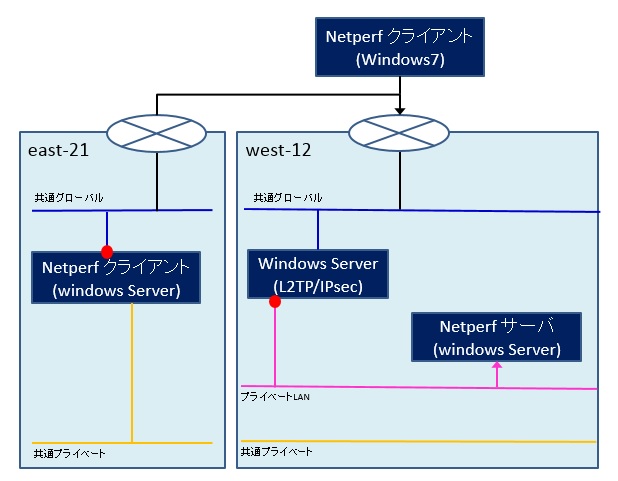

TCP and UDP unidirectional transfer and request/response over IPv4 and.Writing, the tests available either unconditionally or conditionally Unidirectional) data transfer and request/response performance usingĮither TCP or UDP and the Berkeley Sockets interface. Netperf is a benchmark that can be use to measure various aspect of 8.3 Implications of Concurrent Tests vs Burst Request/Response.8.1 Bidirectional Transfer with Concurrent Tests.8 Using Netperf to Measure Bidirectional Transfer.7.1.1 Issues in Running Concurrent Tests.7 Using Netperf to Measure Aggregate Performance.6.2 Options Common to TCP UDP and SCTP _RR tests.6 Using Netperf to Measure Request/Response.5.2 Options common to TCP UDP and SCTP tests.5 Using Netperf to Measure Bulk Data Transfer.3.1.1 CPU Utilization in a Virtual Guest.Performance benchmark for various types of networking Rick Jones' network performance benchmarking package Arch Linux Community x86_64īenchmarking tool for many different types of networking

The goals include maintaining an active iperf 2 code base (code originated from iperf 2.0.5), preserving interoperability with iperf 2.0.5 clients and servers, preserving the output for scripts (new enhanced output requires -e), adopt.ĭownload netperf linux packages for Arch Linux, CentOS, Debian, Fedora, FreeBSD, Mageia, NetBSD, OpenMandriva, openSUSE, ROSA, Slackware, Ubuntu. A network traffic tool for measuring TCP and UDP performance. A tool for measuring TCP and UDP network performance, based from 2.0.5. It runs natively in Windows, with no Cygwin support. It is compiled in Microsoft Visual Studio 2013. IPERF for Windows is the renovated private build of iperf v.2.0.5, with added QoS feature. It is a command-line unix-based program, which runs under Windows only with Cygwin. IPERF3 launch from IPERF GUI with Charts.


 0 kommentar(er)
0 kommentar(er)
